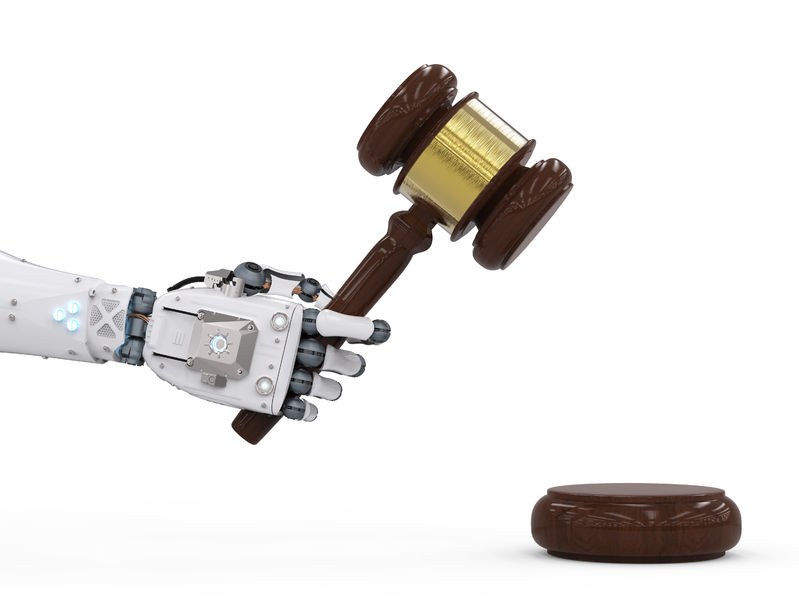
Traditionally, technology has done a lot for the law. Computers allowed lawyers to produce, store, and edit legal documents more easily. Emails improved client communication and record keeping. Online databases saved lawyers a trip to the law library. However, recent developments in artificial intelligence and machine learning have created shockwaves through the legal world. Artificial intelligence (AI) and machine learning are software designed to recognize patterns and rules, and adapt their responses in accordance. Since this skill is a large part of a lawyer’s job, AI can be a great weapon in a lawyer’s arsenal. However, as AI develops, there are several disruptions that threaten to minimize the role of humans in the legal world. Here a couple:
- Pay to play. An old-school lawyer who prefers his/her typewriter and law libraries is no longer competitive in today’s legal arena. The tech-savvy law-firm utilizes AI at every stage of litigation. AI can be used in discovery to expediate the process of sifting through data files, and often to find documents a human may have missed. AI is now available to assist lawyers with voir dire, by combining the potential jurors’ answers and publicly-sourced big-data regarding the potential jurors’ social media and internet presence. AI may have a larger effect on large law firms, who will no longer be able to use first-year associates to rack up billable hours. The rise of AI places lawyers between a rock and a hard place. If law firms do not invest in AI, the educated client will question why they are being charged so much for tasks that should be automated. However, when lawyers do invest in AI are funding technology that may eventually replace them.
- Robot lawyers. AI is already so developed that a lay person can use it to fight a parking ticket, create legal documents, and even commence lawsuits. Equifax’s recent security breach affected millions of users- millions of users, who now can sue Equifax, without a lawyer, using a chatbox. This chatbox just helps users fill out forms, it is currently not equipped to help plaintiff’s present their case in small claims court. Current AI is as sophisticated as some first-year associates– it can perform simplistic tasks such as proofreading, researching, or document review. The ability of AI to perform more quickly and economically than a first-year associate may cause law firms to lose interest in investing in baby lawyers. For those with a doomsday view of the situation, once AI achieves consciousness AI may eventually replace lawyers altogether. On a more hopeful note, the use of AI to perform these basic tasks will allow new lawyers to focus on developing the more complex and high-level skills required in the field of law, such as client relations and strategy development.
Ultimately, law firms and lawyers, particularly ones that practice in the areas of Internet law, big data, technology, SaaS and related areas, should be ready to not only incorporate AI into their practices but also deal with legal issues facing their clients.
Comments open